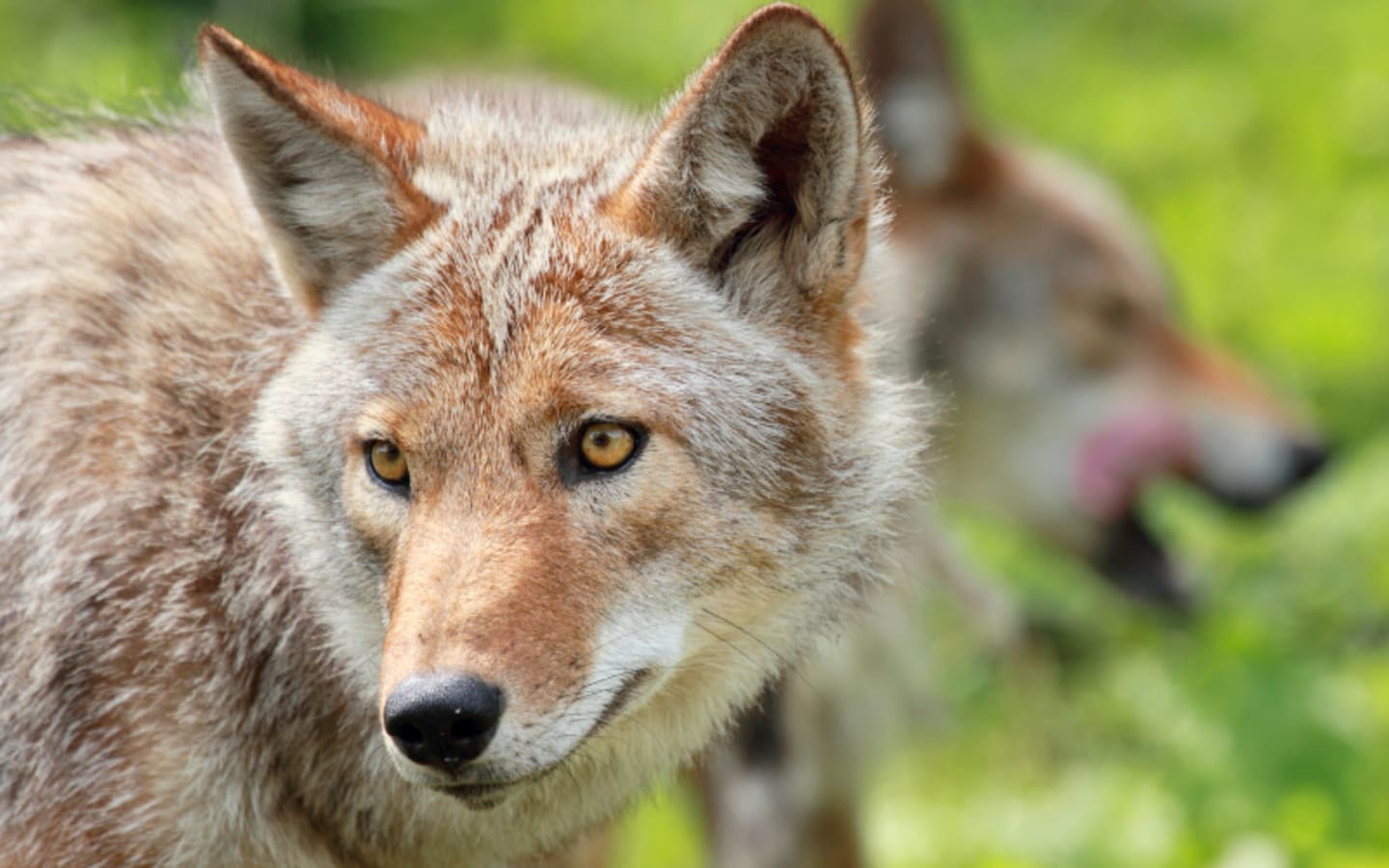In the heart of Michigan's wild lands, where dense forests meet sprawling farms, a quiet battle over wildlife management just tipped back in favor of hunters and landowners. The state's Natural Resources Commission made headlines last week by flipping a recent rule and bringing back year-round coyote hunting. This move undoes a short-lived ban that had folks scratching their heads since it kicked in last year, and it's got everyone from deer enthusiasts to livestock owners breathing a sigh of relief.
For those who've spent years tracking game or protecting their property, this change feels like a return to sanity. Coyotes, those sly predators that seem to pop up everywhere, have been a fixture in Michigan's outdoors since the state first opened up hunting on them without seasonal breaks back in 2016. But in 2024, the commission decided to shut things down from mid-April through mid-July, aiming to give the animals a breather during their breeding and pup-rearing time. Turns out, that didn't sit well with a lot of people who deal with the real-world fallout of unchecked coyote numbers.
Enter two key players in this story: State Senator Michele Hoitenga from Manton and Representative Parker Fairbairn from Harbor Springs. Both Republicans, they've been vocal about pushing back against what they saw as a misguided policy. Hoitenga didn't mince words when the commission announced the reversal, calling it a straight-up victory for practical thinking. She pointed out that the original closure wasn't backed by solid science and had already started causing headaches. Coyote populations were climbing, and that meant more trouble for farmers trying to safeguard their crops and animals, not to mention everyday folks whose backyards were turning into hunting grounds for these opportunistic critters.
What really turned the tide, according to Hoitenga, was the groundswell of support from regular people. Farmers dealing with lost livestock, hunters frustrated by disrupted game balances, and community leaders all stepped up to make noise. Their stories and concerns flooded in, proving that when enough voices unite, even bureaucratic decisions can get reworked. "We got here because people stood up," Hoitenga said, highlighting how that collective push made all the difference.
Fairbairn echoed those sentiments, stressing the need for hands-on control over these animals. Sure, coyotes play a role in the natural order of things in Michigan—they're part of the ecosystem, after all. But they multiply like nobody's business. A lone female coyote can crank out over a hundred pups across her life, and with no natural checks in place, their numbers explode fast. That's bad news for the deer herds that hunters prize, the wild turkeys that add thrill to spring outings, and even smaller critters like hares and rabbits that keep the food chain humming. Fairbairn didn't stop there; he brought up how these predators don't discriminate, going after pets in suburban yards or raiding chicken coops on rural spreads. "Their numbers need to be aggressively managed," he explained, to prevent them from throwing everything out of whack.
This isn't some niche issue tucked away in the Upper Peninsula or the thumb region—coyotes roam free in every single one of Michigan's 83 counties. From the bustling edges of Detroit to the quiet trails up north, they've adapted to just about any spot, blending into urban fringes and remote woods alike. That widespread presence is why the year-round season mattered so much when it first came in nearly a decade ago. It gave folks the tools to keep populations in check without waiting for arbitrary dates on a calendar.
The push to restore the full season didn't happen in a vacuum. Hoitenga and Fairbairn jumped into action back in June, rolling out bills in the Senate and House to override the commission's limit. Those proposals laid out a clear path to bring things back to how they were, but with the recent announcement, they're no longer needed. It's a classic case of policy catching up to public demand, and for many, it underscores the importance of staying involved in these decisions that hit close to home.
Looking deeper, this whole saga shines a light on the bigger picture of wildlife management in a state as diverse as Michigan. Hunters know the drill: balancing conservation with control isn't easy, but letting one species run rampant can ripple through everything else. Deer populations, already pressured by habitat loss and harsh winters, don't need extra competition from coyotes picking off fawns. Turkey hunters, who wait all year for those gobbling calls, face similar threats when nests get raided. And for the guys out there chasing rabbits or hares on crisp fall days, fewer prey means less action in the field.
Then there's the economic side, which hits hard for landowners and farmers. Livestock losses aren't just heartbreaking—they add up in dollars and cents. A coyote slipping through a fence can mean calves or sheep gone overnight, forcing folks to dip into savings or insurance just to stay afloat. Pets, too, become unintended targets; stories abound of family dogs or cats vanishing after a brush with these wily animals. By allowing hunting year-round again, the state is essentially handing back a key defense mechanism to those who need it most.
Of course, not everyone's cheering. Some wildlife advocates argued the seasonal break was a humane step, giving coyotes space to raise their young without constant pressure. But the commission's reversal suggests the data—or lack thereof—didn't hold up under scrutiny. Critics of the ban, including Hoitenga and Fairbairn, maintained it was rushed and ignored the on-the-ground realities shared by those living alongside these predators.
For the average outdoorsman in Michigan, this shift opens up more opportunities to get out there, whether it's with a rifle in hand or just enjoying a landscape where game thrives in balance. It also serves as a reminder that policies like these aren't set in stone; they're shaped by input from the people they affect. As coyote sightings continue across the state, from lakeside towns to inland farms, the reinstated season ensures hunters and landowners have the upper hand in keeping things manageable.
In the end, this decision boils down to common sense prevailing. Michigan's outdoors are a treasure for generations of men who've passed down traditions of hunting, fishing, and stewarding the land. By restoring year-round coyote hunting, the state is protecting that legacy, one managed season at a time. Whether you're loading up for a dawn patrol or just keeping an eye on your property line, it's a change that resonates with anyone who values the wild side of life.





